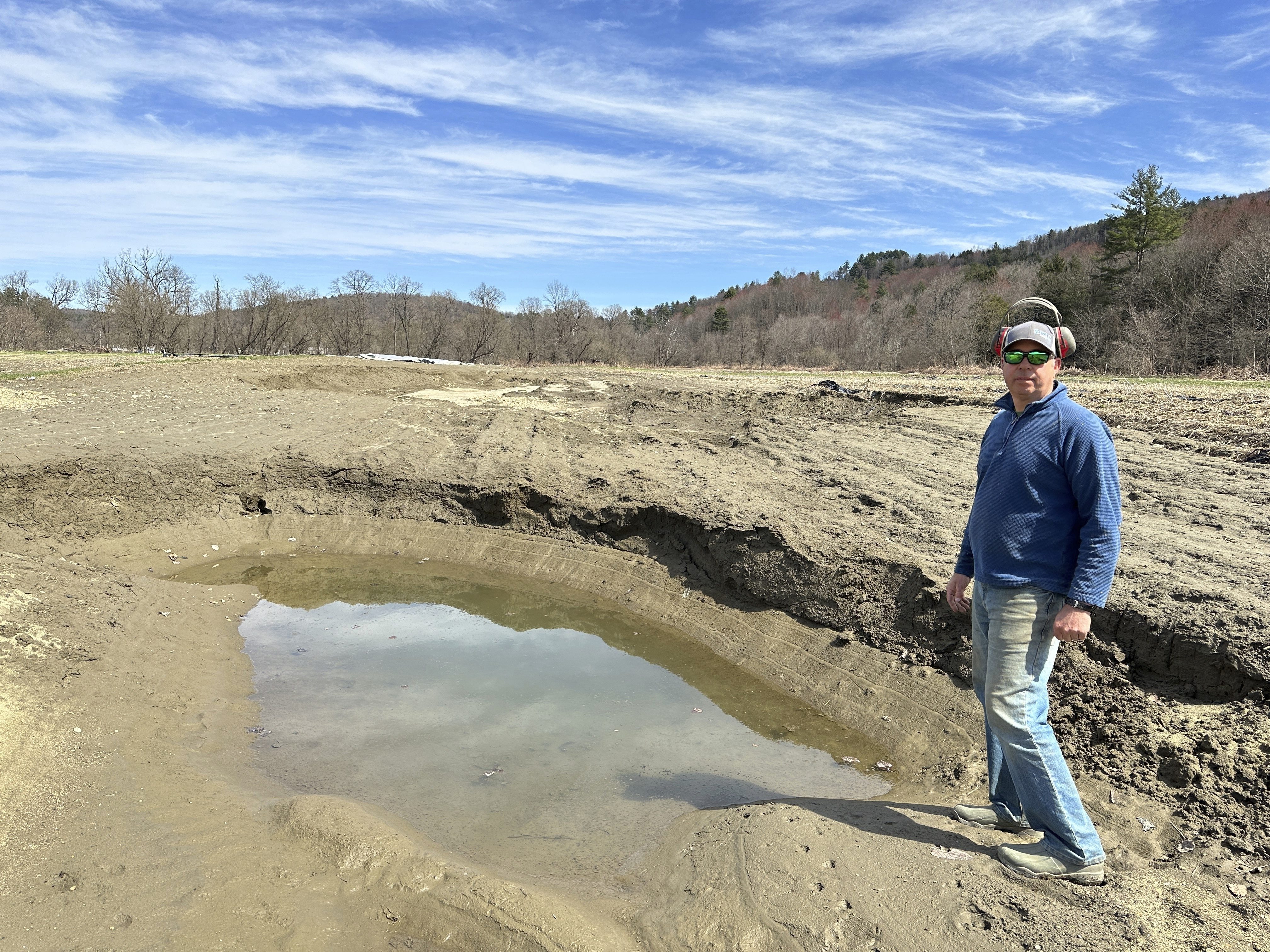State wildlife officials in Vermont are urging people to never feed bears while they’re hiking or camping this summer, after wardens put down an animal that ransacked property and charged at a hiker.
“You certainly want to treat a bear as if it’s dangerous,” advised Col. Jason Batchelder, the head of law enforcement for Vermont’s Fish & Wildlife Department.
His call came after a 175-pound adult black bear, a male, was put down by wardens Friday when they say it had become too accustomed to human food it was getting on a section of the Appalachian Trail in Glastenbury, a mountainous, unincorporated town in Bennington County.
Batchelder pleaded with hikers and campers to not give food to bears, or leave it around where they can find it.
The Fish & Wildlife Department said the animal in southern Vermont had grown really aggressive, even charging at a hiker. Wardens feared if the animal wasn’t killed, it could’ve hurt someone badly, Batchelder told necn in an interview Tuesday.
“It confronted numerous people,” the colonel said. “It entered tents, it was able to get a backpack away from somebody in some manner... which is very concerning.”
Batchelder added that multiple people had encountered the bear in recent weeks.
Vermont
The latest news from around the state
“It did follow hikers,” Batchelder told necn. “When the event eventually culminated, [the animal] was approaching a warden at a distance that would’ve been uncomfortable even if we didn’t know the history of this bear.”
Batchelder said injuries to humans from bears are extremely rare in Vermont, and to keep it that way, he wants folks to encourage bears to stay at a distance by not providing them food.
State bear biologists are now collecting information on encounters with the animals on a Fish and Wildlife Department website. They want to hear about experiences such as visits to bird feeders, visits to dumpsters, or property damage—in their effort to keep the public safe.
The United States Forest Service’s office in Rutland said in a news release that while many hikers never see a bear, reports of human encounters with the animals are on the increase in the Green Mountain National Forest.
U.S. Forest Service officials provided these tips to help avoid problems from bears:
- Always keep a clean camp
- Don’t leave any food (including condiments) out when not in use
- Store food in bear-resistant units, hard-shelled vehicles or car trunks
- Keep sleeping areas, tents, and sleeping bags free of food and odor (like toothpaste or deodorant)
- Don’t sleep in clothes you cooked or handled fish or game in
- Never bury or burn food waste
- If camping in the backcountry, hang your food bag at least 10 feet off the ground and 5 feet out from a tree limb that could support a bear, or better yet pack and use bear resistant containers
- If possible, in backcountry areas, place sleeping tents at least 100 yards away from food storage and cooking areas
- If hiking with a dog keep it on a leash or leave it home



